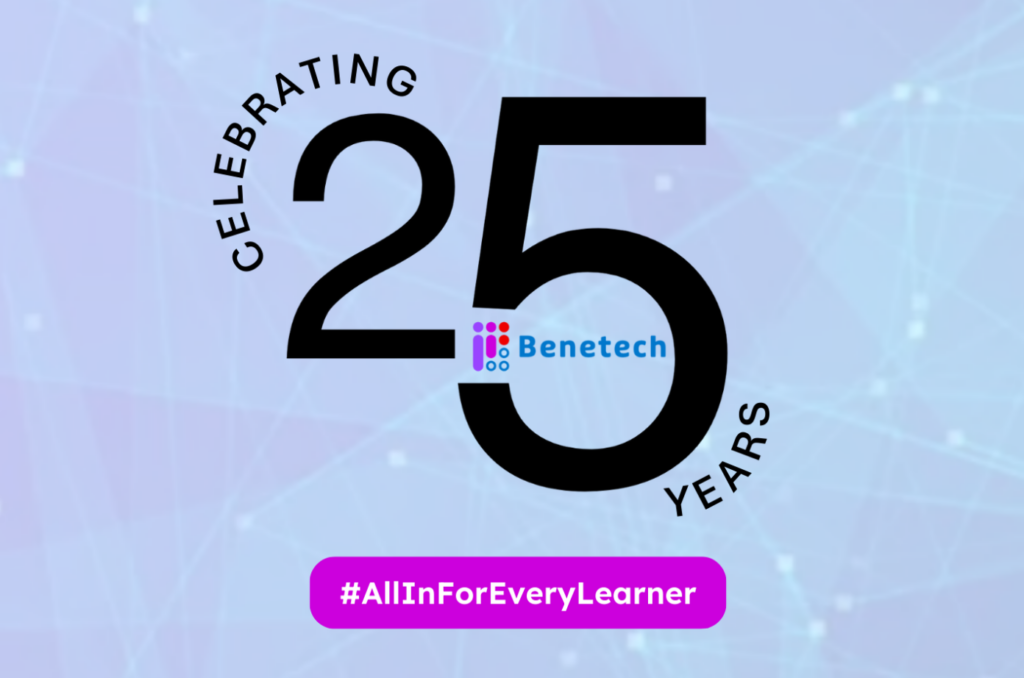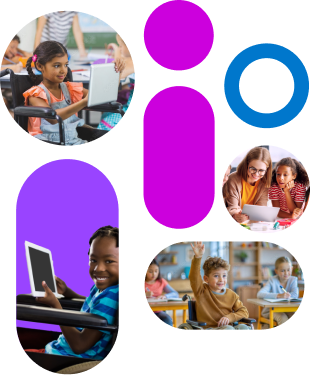News and Blogs
From Classroom to Community: Emily Driver’s Quest for Education at Benetech

Beyond Title II Compliance: Proactive Accessibility Strategies for Education

Moving Beyond the Limitations of PDF
Benetech is All In: Empowering change for education & accessibility

Blogs
-

Member Spotlight: Academic Enjoys Instant Access to Scholarly Texts in Bookshare
Olga Borovaya, PhD, a university researcher and lecturer with a visual impairment, relies on Bookshare for immediate access to scholarly…
-

Ensuring Equitable Access to Digital Literacy Tools for All Students with Reading Barriers
Benetech recently hosted the first roundtable discussion in its Inclusive Education Series that focuses on equitable education. Over one hundred…
-

Two Perspectives on Disability Employment Awareness Month
At Benetech, we believe that no person should experience barriers to employment due to a disability. In fact, accessibility and…
News
Benetech is in the news! Check out our press coverage and recent Press Releases.
As seen in…








Recent highlights
2023
- Business Mirror: An ebook Library for Those with Reading Barriers
- School Library Journal: Serving Blind and Low-Vision Children Well Benefits All Students. Here Are Suggestions.
- Publisher’s Weekly: Lerner Publishing Group’s New Partnership Centers Accessibility
- Publishing Perspectives: Pearson Named A Benetech Global Certified Accessible Publisher
- National Federation of the Blind (NFB): Getting Books on Time with Bookshare
- BBC News: Visually-impaired Nottingham Law Student Praises Book Scheme
2022
- Government Technology: DoE Grant to Fund Digital Materials for Disabled Students
- Forbes: How AI Is Being Used To Help Blind Students ‘Visualize’ Graphs And Charts
- K-12 Dive: Nonprofit Uses AI to Make STEM Materials More Accessible
- Edutopia: Tools for Supporting Students With Reading Disabilities
- Eyes on Success Podcast: 2214 Bookshare Reader for Smart Speakers
- AppleVis Podcast: AppleVis Extra #85: Hema Natarajan Discusses the Upcoming Bookshare Reader Suite for Web, Mobile, and Smart Speaker
- Duke Fuqua Center for Advancement of Social Entrepreneurship: Why We’re Excited About Benetech’s Impact Potential
- K-12 Dive: 3 Inclusive Education Myths Busted
